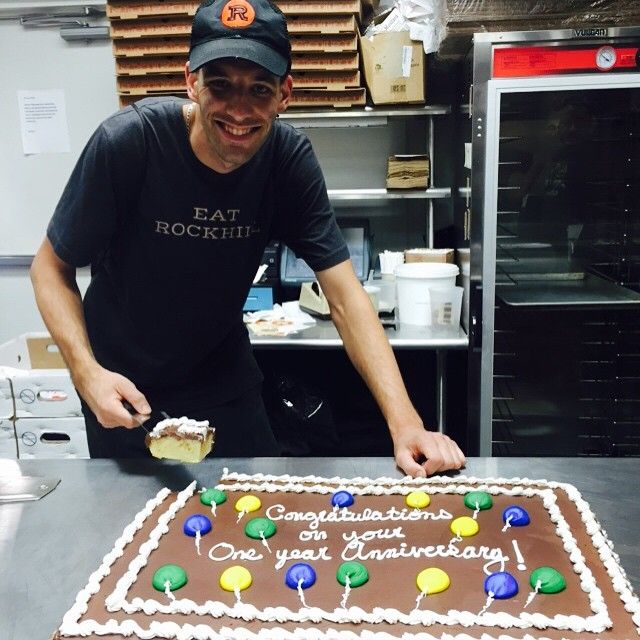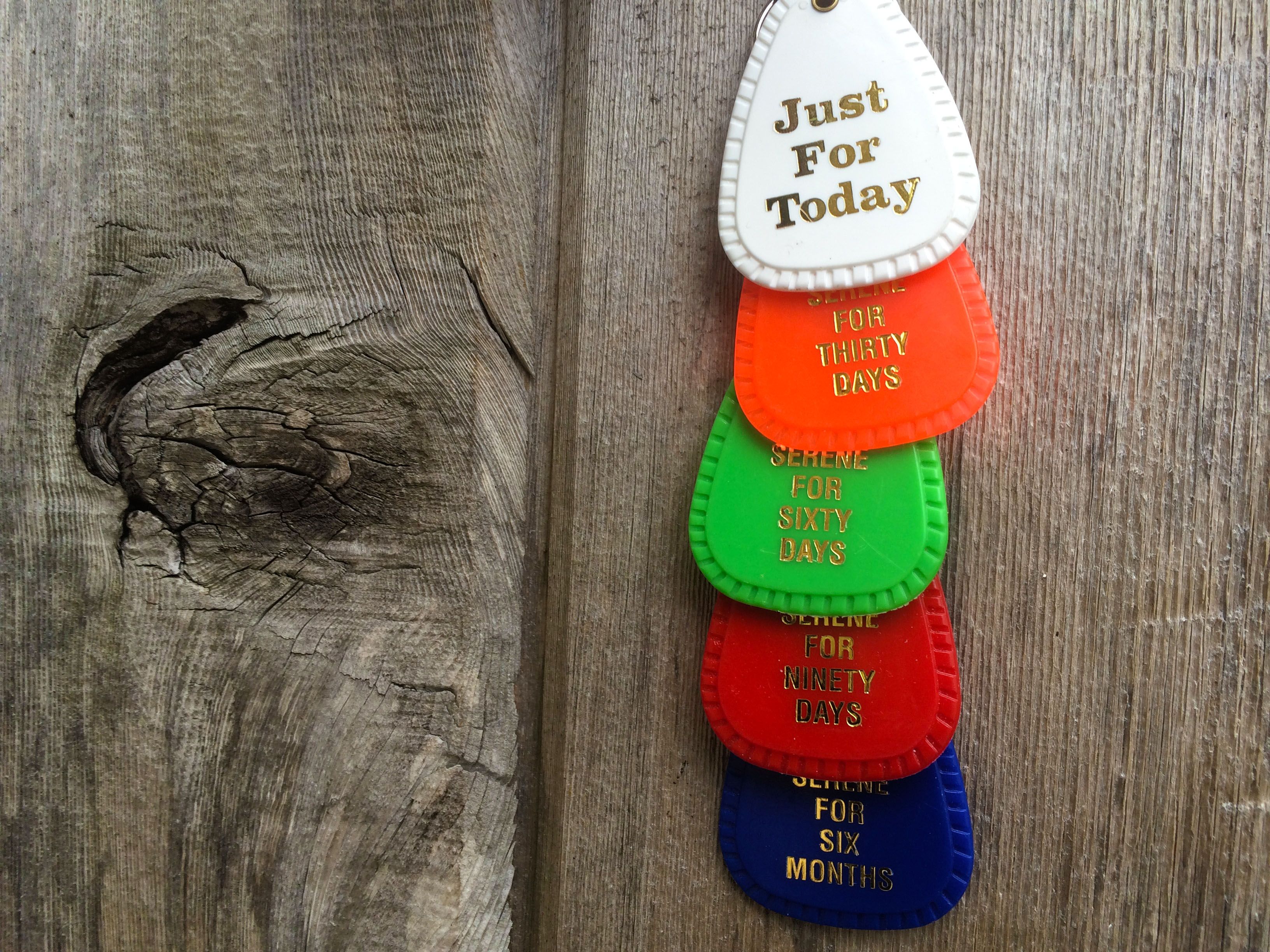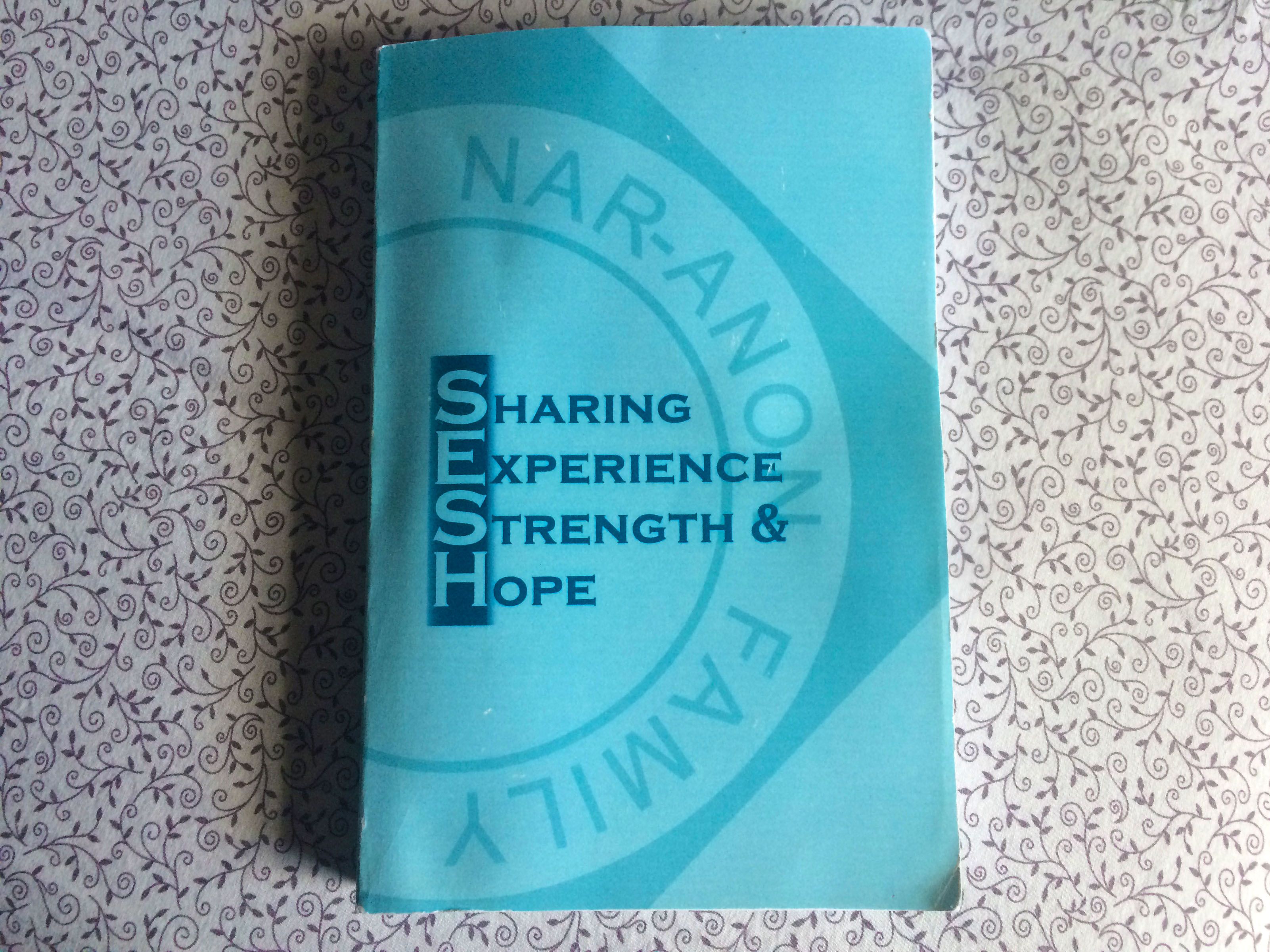
When you think of addiction, the first thought is probably drugs. But that is not always the case. There are many forms of addiction, from drugs and gambling, to food and money. This chronic and incredibly dangerous disease is responsible for harming and even destroying loved ones and leading to countless deaths. According to the British Journal of Addiction, addiction designates a process whereby a behavior, that can function both to produce pleasure and to provide escape from internal discomfort, is employed in a pattern characterized by (1) recurrent failure to control the behavior (powerlessness) and (2) continuation of the behavior despite significant negative consequences (unmanageability).
Drug use is increasing across the United States. According to SAMHSA’s National Survey on Drug Use and Health (NSDUH) – 2014 (PDF | 3.4 MB), among Americans aged 12 or older, the use of illicit drugs has increased over the last decade from 8.3% of the population using illicit drugs in the past month in 2002 to 10.2 percent (27 million people) in 2014. Men and women of all ages are suffering from this horrific disease known as addiction. By definition, addiction is extremely hard to overcome and the disease does not discriminate.
Addiction robs you of control and freedom. You’re addicted when you can no longer direct yourself out of harm’s way. There are many drug addict stories around the world. Some have happy endings while others are tragic.
Finding help through a 12-step program
26-year-old Julian Montague from Medford, N.J., has had a long relationship with addiction and still continues to “fight every day to stay clean.” For Montague, his relationship with addiction began with drinking and smoking cigarettes when he was 15 years old.
“I tried weed for the first time when I was 16 and before I knew it I was addicted to heroin by 18 years old,” Montague said.
According to Montague, it was the social perks of drug use that kept him hooked. He wanted to be accepted and he would do anything to make friends. He became an addict right off the bat and fell in love with the feeling. He was hooked to this lifestyle and was not going to stop any time soon.
“I was addicted to the friends I had, the high I got and the adrenaline that came with all the risk taking,” Montague said.
The drugs started to consume his life and soon enough everything and everyone around him. His friends would worry and fear for his life but after awhile lost those friends that had cared. He could not maintain a normal social life with normal people.
“I lost just about my entire family to drugs and that still rings true today because I did so much damage,” Montague said. “My grandmother recently passed away and she was not buried with any of her jewelry because she didn’t have it because I stole it and sold it for more dope.”
While Montague tried to quit, it was to no avail. One year of using grew to become a seven-year epic.
The longer he was using drugs, the harder it was for him to stop. He went through various rehabilitation programs, slept on friend’s couches and floors, and even lived in his car for two weeks. His family gave him many chances to “get his life back together,” but in several instances, his using became too burdensome and he would be kicked out.
During his time of being homeless, he was arrested three times. His two week stint of living in his car was ended when he totaled the vehicle. Montague recalls this as his lowest moment. He bought a plane ticket to Florida in hopes of joining a rehab center.
Montague was scared but had hope. When he went to rehab in Florida he wanted to stay clean and get it right for the first time ever. He had no idea what would be the outcome but he knew one thing, he had three pending court dates and he had to come back to New Jersey, the place where his addiction all began.
“When I landed, I dropped the bulk of my luggage off with my friend, keeping only my valuables and two changes of clothes in my book-bag, and back to Camden I went to try and get into the shelter,” Montague said. “I had $340 to my name and someway, somehow, I didn’t buy dope. I got to the shelter and started praying that they let me stay the night.”
Montague lived in a halfway house called Last Stop in Camden, N.J., close to where he once bought drugs just streets over. A halfway house is a sober living environment where addicts can live until they are considered ready to live by themselves. Walking to the bus stop was not easy because he had to pass through the same streets that helped begin his tumultuous relationship with addiction that brought him to Last Stop in the first place.
“The Last Stop is a 30-day blackout 90-day program, built out of a row of abandoned buildings run by addicts, funded by the addicts who live there and pay rent. It is all self supporting. After 30 days I was allowed to go find a job. I started building my life from absolute scratch,” Montague said.
There are many different 12-step programs. According to recovering addicts with a great amount of clean time, as a newly recovering addict, going to meetings are crucial. The purpose of a 12-step fellowship is to teach and support skills related to recovery. Meetings can also help an addict learn and manage the triggers to their addictive behavior and have endless amount of supports by people with more clean time.

Photo by Moira Prior
When addicts are actively using, they tend to feel overwhelmed with stress, money and family. They use alcohol or drugs to try and reduce stress and isolate themselves from those who do not approve of their choices. When an addict becomes sober, they enter into a world where they can not run from their troubles. They have to adjust to living a normal life without the abuse of a substance.
Today, Montague has his own room at a friend’s house in Gloucester City with a year and nine months of clean time. He now is paying fines that he owes and hopes to fix his credit. He considers himself to be blessed with a girlfriend, a decent job and is enrolled in college. He works hard every day to stay clean and helps encourage other addicts to do the same by sponsoring them and guiding them through the 12-step program.
“All these things are blessings that I’m not entitled to. I’m nowhere near where I was two years ago, but if I forget where I came from I can go right back to it,” Montague said.
A mother’s view
When talking about people battling with addiction and the recovery process we tend to talk about only the addicts’ troubles. We often overlook the emotional struggles of family and friends who are affiliated with heartbreaking situation.
Holly Robbins, a mother of four, watched her dad’s brother struggle with addiction and now watches her own son go through this life-long battle.
“I used to think “why can’t he just stop?” or I can make him change,” Robbins said.
Robbins could see a change in high school right away when her son started hanging out with the wrong crowd. Her son started using marijuana and taking pills. Eventually this led to the heavy use of heroin. After her son was expelled from high school he ended up dropping out and getting into trouble with the police.
“At this time began the constant state of worrying for his life and I was dealing with a lot at the time.”
“I was so worried about him and trying to help any way I could and I was also dealing with the eventual separation from his father and starting over,” Robbins said.
Robbins constantly worried about her son’s whereabouts for years, woke up in the middle of the night and broke down crying at work.
“Even when he was home I would worry and sleep at times in the room with him to be sure he was still breathing,” Robbins said.
Robbins’ worst memory is when she and her new husband went to Camden in a panic looking for him, and after talking to police, he was found passed out on a park bench in the cold. He had been robbed and they had to take him to the emergency room. He had to be taken to the emergency room several times during his battle with addiction.
Robbins gave her son multiple chances over the years. She let him live with them even though she knew what was happening.
“Thinking at least I knew he was warm, safe and fed, and I knew he was alive, Robbins said.
Dealing with this disease for a family is a horrific struggle especially when you have to hide your things from your own family member. While her son was mooching off of the Family, he stole a lot of valuables to get money for drugs.
“A camera with years of lost memories of photos, my engagement ring and any jewelry of value, money, guitar, anything that he could get his hands on that could be resold.”
“My mother’s jewelry that she had for years, my mother’s medication and old coins my dad had collected,” Robbins said.
After Robbins attended different meetings like Nar-Anon it helped her understand her son’s addiction better. Nar-Anon is a 12-step program for friends and family members of those who are affected by someone else’s addiction.
Photo by Moira Prior
“I could see the struggle by looking on the outside in, instead of the inside looking out. I could see addicts did want to stop for themselves as badly as I wanted my son to stop.”
“It was an eye-opening experience and helped me see more of what my son’s intense struggle,” Robbins said.
After kicking him out of the house and various rehab programs her son finally wanted to get clean and he did.
Robbins still feels like she is partially to blame even today. She lives with regret but her son is doing extremely well and could not be more grateful. Even though addiction is a lifelong battle she hopes he will not relapse again.
“I am now the happiest a mom could ever be. I am so elated to have him back words cannot even explain. I am eternally grateful we have our lives back,” Robbins said.



It takes a lot of courage to expose yourself the way Julian and Holly did. Julian, if you read this, know that I am proud of you.
Holly and Moira, I love you. Mom & Grammy